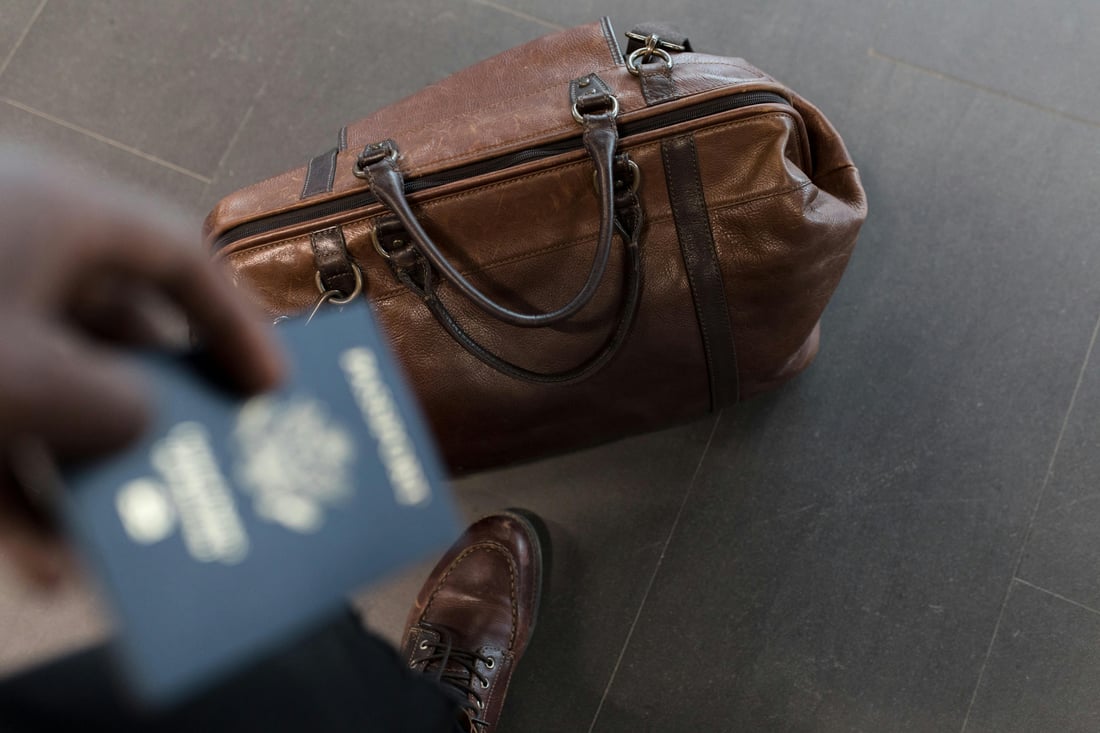luggage inspection: A Crucial Part of Safe Travel
Before you board a flight or go on a trip, one of the most important things to do is to ensure that your luggage is properly inspected. This can save you from a lot of trouble, delays, or even a missed flight. Every airport and country has its own rules regarding luggage inspection, so it’s important to know what to expect. In this article, we’ll discuss the importance of luggage inspection and what you should know before traveling.
Why Luggage Inspection is Important?
Luggage inspection is important for several reasons, from safety to security to compliance with laws. When you travel, your luggage goes through a series of checks and screenings to ensure that it doesn’t contain any restricted items, such as weapons, drugs, or illegal substances. This is done to keep you and other passengers safe, and to prevent any illegal activities.
In addition to safety, luggage inspection is also important for security reasons. Airport security officials need to ensure that the luggage of every passenger is checked, and all suspicious or potentially dangerous items are flagged. This helps prevent any security breaches, such as terrorism or theft.
Furthermore, luggage inspection is a legal requirement in many countries. Failure to comply with luggage inspection rules can lead to penalties, fines, or even imprisonment. Therefore, it’s essential to know the luggage inspection regulations of your travel destination and follow them strictly.
Types of Luggage Inspection
Luggage inspection can be done in different ways, depending on the airport and country regulations. Here are some common types of luggage inspection:
X-ray Screening
X-ray screening is the most common type of luggage inspection. Your luggage goes through an x-ray machine, which detects any suspicious items by scanning them. If any prohibited item is detected, your luggage will be flagged for further inspection.
Hand Search
A hand search is done by security officials who physically open your luggage and inspect the contents. This is usually done when the x-ray screening detects something suspicious or if you’re carrying something that’s not allowed on board, such as liquids over the allowed limit.
Detection Dogs
Detection dogs are trained to sniff out explosives, drugs, and other substances that are not allowed on a flight. They can identify these items by smell, and a positive alert from a dog may lead to a more thorough inspection of the luggage.
Preparing for Luggage Inspection
There are a few things you can do to make the luggage inspection process smoother and hassle-free:
Pack Smart
Make sure your luggage is neatly packed, and avoid overpacking. This makes it easier for the inspector to search through your luggage and identify any suspicious items. Also, avoid packing any prohibited items, such as liquids over the allowed limit or sharp objects.
Arrive Early
It’s a good idea to arrive at the airport early, especially if you have a flight to catch. This allows you enough time to go through the luggage inspection process without rushing, and avoid delays or missed flights.
Cooperate with Security Officials
While luggage inspection can be a hassle, it’s important to cooperate with the security officials and follow their instructions. This makes the process smoother and faster, and prevents any unnecessary delays or conflicts.
Conclusion
Luggage inspection is a crucial part of safe and secure travel. It ensures that you and other passengers are safe, and prevents any illegal or dangerous activities. By following the guidelines and cooperating with the security officials, you can make the luggage inspection process smoother and hassle-free.

